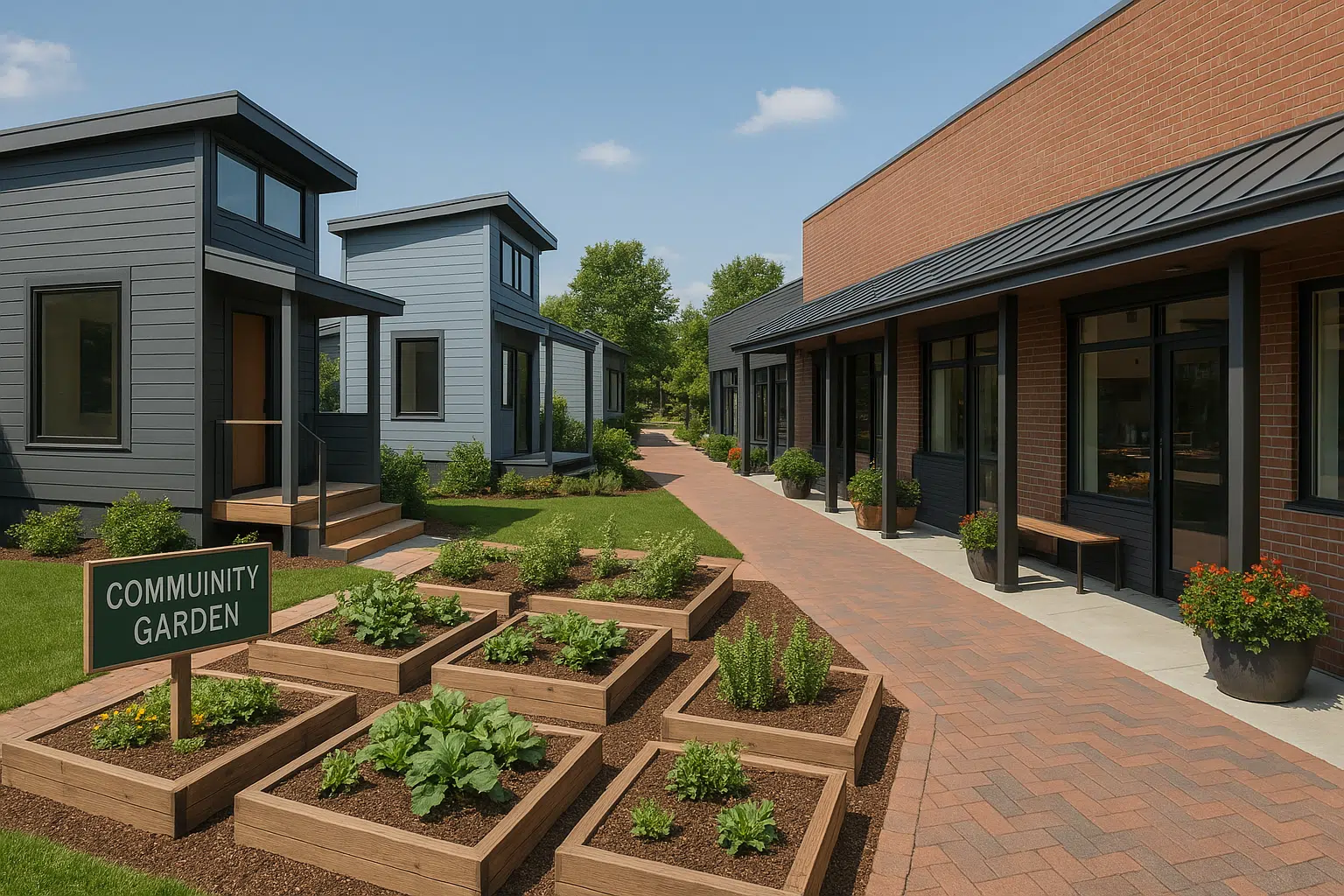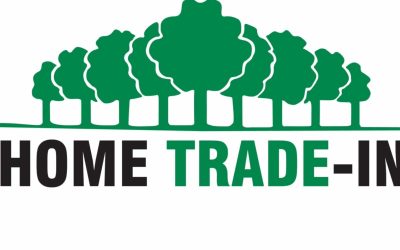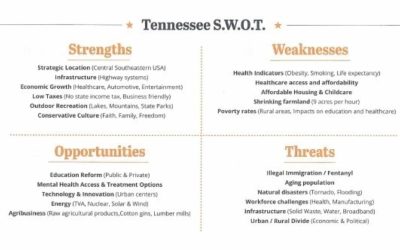Over the past decade, the dream of building an affordable home in the Nashville area has become increasingly out of reach, and a big part of the problem lies in the rising cost of land and the tightening grip of zoning ordinances. Over the past several decades, the Nashville housing market has evolved, impacting affordability and the types of properties available to different populations.
Several years ago, it wasn’t uncommon to purchase a developed 10,000 to 15,000 square foot lot for around $70,000. That price point allowed builders to construct site-built homes that were relatively affordable. If you assume the cost of the land made up about 20% of the total construction cost, a $70K lot supported the development of a $350K home.
Fast forward to today, and that same size lot can cost anywhere from $180,000 to $200,000. Using the same 20% rule, the price of the home now needs to be in the range of $900K to $1 million just to make the numbers work, and that’s before factoring in the rising costs of materials and labor, which have also increased significantly over the past 10 years. Financial institutions and various sources of funding, including government programs, now play a critical role in supporting affordable housing projects and helping families access new homes.
Zoning ordinances add another layer of complexity. Many municipalities still enforce outdated rules—minimum lot sizes, restrictive setbacks, and limitations on housing types—that make it nearly impossible to build smaller, more affordable homes. These regulations must also adapt to demographic change and the changing needs of the population to ensure that housing remains accessible for all.
Meanwhile, some forward-thinking communities across the country are updating their zoning ordinances to allow for alternative housing models, such as tiny home communities with homes ranging from 400 to 600 square feet. These new homes often feature energy efficiency, flexible design, and other features that make them adaptable to changes in household composition and societal needs. If done right—with shared amenities like local shops, walkable commercial spaces, and community gardens—these communities can be a win-win: landowners get to sell land for a meaningful purpose, first-time homebuyers gain an affordable entry point into homeownership, and the surrounding neighborhood benefits from thoughtful, community-focused development.
If Nashville and its surrounding areas are serious about solving the housing affordability crisis, we must start reimagining how we use land and rewrite zoning ordinances to reflect the realities of today’s market. Departments such as HUD are involved in standardizing building codes and supporting affordable housing, helping to streamline regulatory processes. Otherwise, we risk continuing to price out the very people who want to call this community home. Residents are encouraged to join efforts to shape Nashville’s future, alongside members of local nonprofit organizations dedicated to affordable housing initiatives.
Introduction: The Urgent Need for Affordable Housing
Across the United States, the affordable housing crisis has reached a critical point, with millions of low-income renters struggling to find safe and affordable homes. In Nashville, this challenge is even more pronounced as the city’s rapid growth has driven up the cost of living and put additional pressure on the already limited affordable housing supply. Many households are now forced to spend a disproportionate share of their income on rent, leaving little left for other essentials like food, healthcare, and transportation. The shortage of affordable units not only impacts individual families but also threatens the overall stability and vibrancy of the community. To address this crisis, it is crucial to expand the affordable housing supply and ensure that more affordable units are available for those who need them most. One innovative approach gaining traction is modular building, which offers a faster, more cost-effective way to provide affordable housing for low-income households in Nashville and beyond.
Understanding Nashville’s Affordable Housing Supply
Nashville’s affordable housing supply is currently falling short of meeting the needs of its residents, particularly low-income renters. Recent data shows that the median listing price for homes in Nashville has soared to $539,000, making it increasingly difficult for many households to afford to buy or even rent a home. The city’s affordable housing stock remains limited, with only a small fraction of units available at prices that low-income families can realistically afford. This shortage of affordable units means that many residents are left searching for housing options that simply do not exist within their budget. Addressing this deficit requires a coordinated effort from government agencies, nonprofit organizations, and private developers to increase the production of affordable homes, including innovative solutions like modular housing. By expanding the affordable housing supply and making more affordable units available for rent and sale, Nashville can better support its low-income households and create a more inclusive community.
The Importance of Housing for Low-Income Families
For low-income families, access to affordable housing is more than just a place to live—it’s the foundation for a stable and healthy life. When households can afford their housing costs, parents are better able to maintain steady employment, children can focus on their education, and families can access vital services such as healthcare and community programs. Unfortunately, the high cost of housing in Nashville often forces low-income families to make difficult choices, sacrificing other necessities to keep a roof over their heads. Affordable housing programs and services, many of which are provided by dedicated nonprofit organizations, play a critical role in helping these families secure safe and stable homes. By investing in affordable housing and supporting programs that help low-income households, Nashville can empower families to build a brighter future and strengthen the foundation of the entire community.
Modular Building as a Game-Changer
Modular building is emerging as a transformative solution for Nashville’s affordable housing crisis. Unlike traditional construction, modular homes are built in a controlled factory environment and then assembled on-site, significantly reducing both construction time and costs. This innovative approach not only accelerates the delivery of affordable housing units but also ensures consistent quality and durability, making these homes a smart investment for low-income renters and families. By leveraging modular building techniques, developers can increase the affordable housing supply more efficiently, providing much-needed affordable units to those who need them most. Embracing modular construction allows Nashville to address the urgent need for affordable housing, offering more low-income households access to safe, high-quality homes at a lower cost. As the city continues to grow, modular building stands out as a practical and scalable way to expand affordable housing options and support the well-being of all residents.





